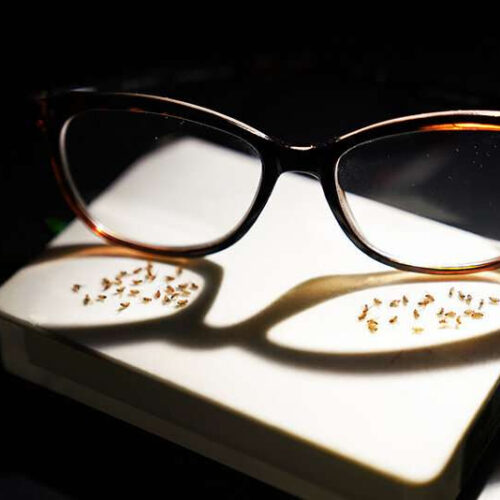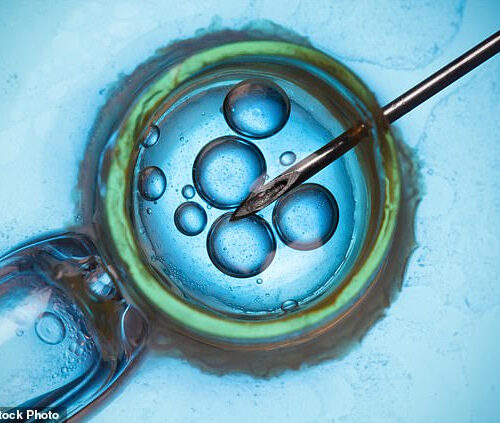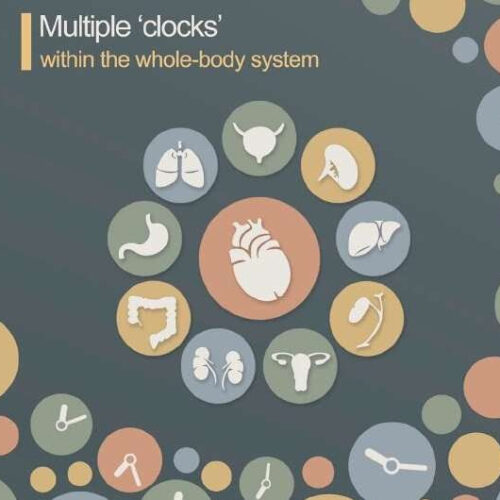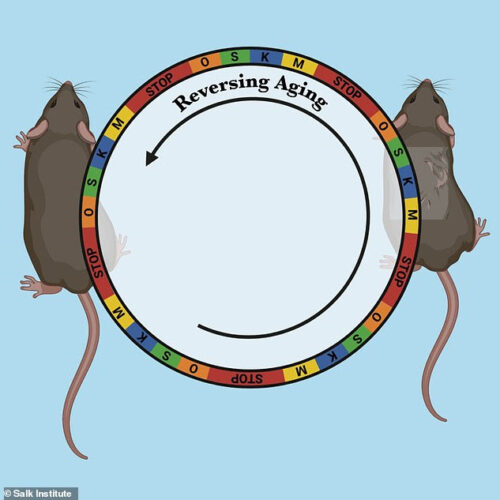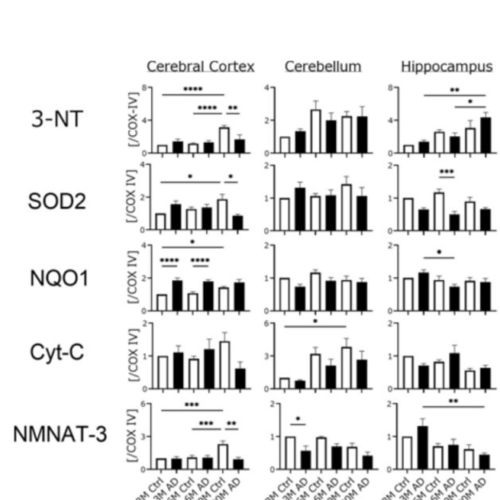by Purdue University Fruit flies give insight into age-related changes in human vision. A team of researchers discovered the circadian clock plays a significant role in protecting eyes from retinal degeneration. The team studied fruit flies, which serve as a good model for the human retina. Vikki Weake, associate professor of biochemistry in Purdue’s College...
Category: <span>Anti-aging</span>
Women could be mothers at FIFTY: Israeli scientists claim they can now ‘reverse’ ageing in eggs
By LUKE ANDREWS HEALTH REPORTER FOR MAILONLINE PUBLISHED: 05:53 EST, 9 March 2022 | UPDATED: 07:23 EST, 9 March 2022 Becoming a mother at 50 could be the norm within the next decade, say scientists who have successfully ‘reverse-aged’ human eggs. In a major breakthrough, Israeli researchers effectively made eggs from 40 year old women resemble those of twenty-somethings. Women...
Study finds distinct biological ages across individuals’ various organs and systems
by Cell Press This graphical abstract depicts the findings of Nie, Li, and Li et al., who estimate biological ages of organs and systems using 402 multiomics features from 4,066 individuals and demonstrate several applications. They find that organs and systems are aging at different rates, and biological ages could be utilized for population stratification,...
Scientists successfully REVERSE ageing in mice using cellular ‘rejuvenation’ technique
By JONATHAN CHADWICK FOR MAILONLINE PUBLISHED: 05:12 EST, 8 March 2022 | UPDATED: 05:12 EST, 8 March 2022 In a promising step towards eternal youth, scientists have reversed the ageing process in middle-aged and elderly mice using a cellular ‘rejuvenation’ technique. The California-based experts have shown they can partially reset mice cells to ‘more youthful states’, using four molecules known as...
Science of sleep: Why a good night’s rest gets harder with age
Credit: Pixabay/CC0 Public DomainIt’s well known that getting a good night’s sleep becomes more difficult as we age, but the underlying biology for why this happens has remained poorly understood. A team of US scientists has now identified how the brain circuitry involved in regulating sleepfulness and wakefulness degrades over time in mice, which they say paves...
TRAINING’ YOUR FAT MAY WARD OFF DISEASES AS YOU AGE
How well does your fat function? It isn’t a question that one gets asked very often. Nonetheless, research in recent years suggests that the function of our fat tissue, or adipose tissue, is central to why our bodies decay with age, and strongly linked to human diseases like diabetes 2, cancer, and obesity often develop...
Could gene therapy soon curb muscle loss in the elderly?
NORWEGIAN UNIVERSITY OF SCIENCE AND TECHNOLOGY “Many millions of elderly people worldwide suffer from sarcopenia, a disease that is characterized by muscle wasting. A large proportion become so frail that they can no longer exercise,” says Jose Bianco Moreira, a researcher at NTNU, the Norwegian University of Science and Technology. “Gene therapy is the most...
Improved Physical Function in Old Mice Treated with Rapamycin, Acarbose, and Phenylbutyrate
It is quite rare for researchers to attempt combined treatments, unfortunately. The panoply of calorie restriction mimetics and other approaches to gently upregulate stress responses are individually not all that impressive, and it remains unclear as to which of them can be stacked for greater effect. In the treatment of aging, even the better approaches that produce...
20 mins of daily exercise at 70 may best stave off major heart disease in late old age
BMJ Twenty minutes of daily moderate to vigorous exercise in early old age (70-75) may best stave off major heart disease, including heart failure, in late old age (80+), suggests research published online in the journal Heart. The findings reinforce the maxim of ‘better late than never,’ when it comes to exercise, but earlier on in...
Study reveals likely link between mitochondrial dysfunction and age-dependent cognitive disorders
SHIBAURA INSTITUTE OF TECHNOLOGY IMAGE: A COMPARISON OF MITOCHONDRIAL OXIDATIVE MARKERS REVEALED THAT OXIDATIVE DAMAGE WAS INCREASED IN THE BRAINS OF MICE WITH ALZHEIMER’S DISEASE CREDIT: MDPI, BIOMEDICINES. VOLUME 10, ISSUE 2 The mitochondrial electron transport chain, which is required for generating energy during cellular processes, also produces reactive oxygen species (ROS) that attack tissue...

